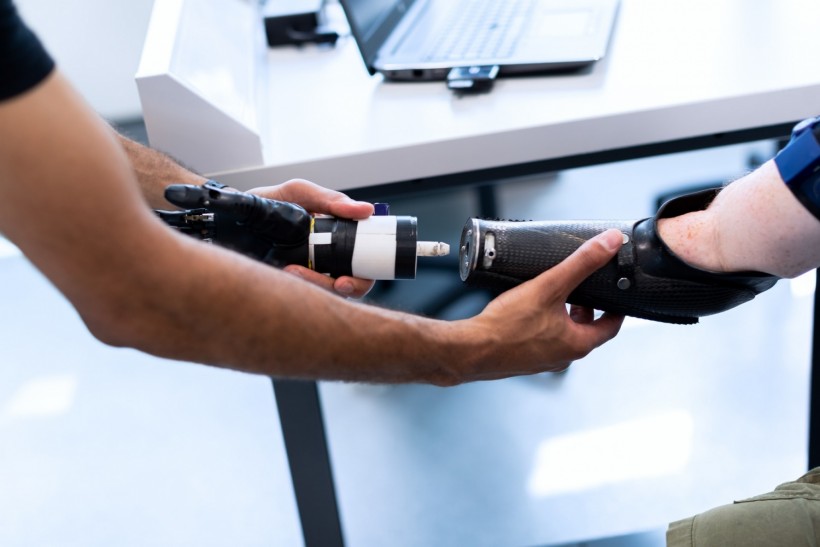What Kinds of Medical Technology Might Be Expected in the Future?

The medical field has come a long way in treating patients more effectively. People who once needed to take several insulin shots a day can now use a device with an implant to automatically deliver just the right amount of insulin. Patients can use a pacemaker to keep their heart beating in the right rhythm. And finding out your DNA is as easy as sending in a sample to a company and getting the results back in a matter of weeks, not months. All of these technologies are made possible because researchers, product developers, and passionate care providers decided that something needed to be done. So, they did it.
If you're wondering how to develop a medical device, it's a multi-step process that can take years. There are a lot of regulatory hoops to jump through, and it can be a process to ideate, develop, and refine your idea before it can even get into a testing phase. There are preclinical trials and surveys to complete and more. But all of these hoops aren't deterring anyone. If anything, they are a motivator for people who want to help patients sooner and improve their quality of life while also offering quality care.
The future looks bright for medical technology. Medical devices that help people manage their sicknesses will become more abundant and hopefully eventually more affordable. Here are some of the devices and technology of the future.
Brain Implants to Manage Seizures
What if, much like a pacemaker can help the heart beat correctly, an implant could help normalize brain activity? That's one of the many devices being worked on now. One day, implants like Neuralink will help people with brain disorders and diseases live a more normal life. For people with epilepsy, this can mean less harmful medications, a better quality of life, and maybe even driving privileges in the future as well. It can also impact people with brain injuries who want to live a more normal life once again.
Health Monitoring Devices for At-Home Care
As more people age, there is an increasing need for quality medical care. Many of the sickest elderly people receive care in nursing homes and assisted living facilities. The cost of delivering care in these locations is very expensive and due to the lack of healthcare workers, the quality is often average at best. Many patients are placed in these locations because their families cannot care for them alone. Better health monitoring at home could offer more affordable ways to care for patients. Wearable devices that can alert someone when blood sugars drop or heart rates decrease by too much can give these older adults more freedom to be at home instead of in a facility.
3D Printed Organs
Instead of waiting and dying on the transplant list, imagine if everyone who needed an organ could get one and they didn't need to wait around for someone else to pass away. Medical technology is on the cusp of creating viable organs via 3D printing. It would be amazing if everyone who needed a lifesaving organ could get one. Will this be the wave of the future?
Better Prosthetic Limbs
Another medical technology of the future includes more advanced prosthetics. Military men and women who lose limbs, those who lose them due to accidents, and others who experience limb loss from diabetes would benefit from prosthetics that help them do things with ease. Imagine dexterous hands and fingers you can grab things with. What about legs that enable you to climb up mountains? To your brain, these advanced medical devices would feel like moving a real limb. These are the kinds of medical technologies that you can expect in the future. These are the types of developments that scientists work on every single day.
Subscribe to Latin Post!
Sign up for our free newsletter for the Latest coverage!














